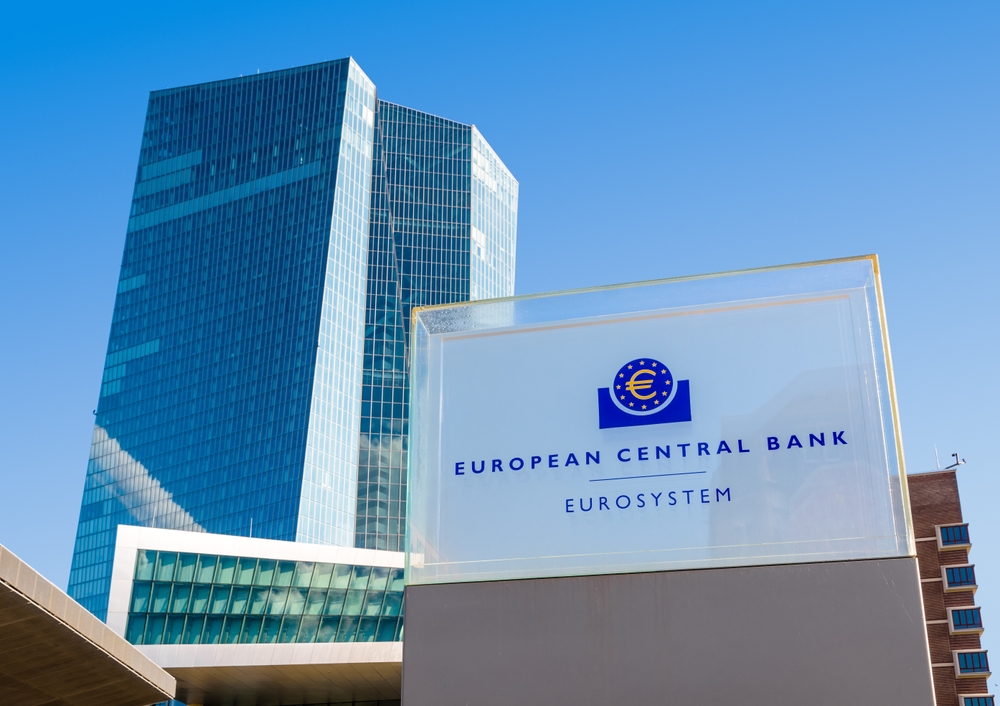The European Central Bank (ECB) is set to implement its final interest rate cut of 2024 on Thursday, likely opting for a 25-basis-point reduction. This move would bring the bloc’s key rate down to 3%, marking its fourth rate cut of the year. Economists anticipate a cautious pace of monetary easing going forward, influenced by inflationary pressures and geopolitical uncertainties, including Donald Trump’s return to the White House and his proposed trade tariffs.
Inflation and Economic Context
November’s inflation uptick to 2.3% from October’s 2% has tempered expectations of a larger rate cut. Eurozone economic growth reached a two-year high in the third quarter at 0.4%, though underlying concerns about labor costs and productivity persist.
“There is no need to hurry up at this stage for the ECB,” said Sylvain Broyer, chief EMEA economist at S&P Global Ratings. He predicts a 25-basis-point cut in December, with additional reductions in 2025 to bring monetary policy to a neutral stance.
2025: A Year of ‘Heavy Lifting’
Analysts forecast a rapid sequence of rate cuts in 2025, potentially at all six ECB meetings through September, reducing the deposit facility rate to 1.5%. Bank of America recently updated its projections, anticipating this pace to balance economic growth and inflation control effectively.
Carsten Brzeski, global head of macro for ING Research, noted that political instability in Germany and France and potential U.S. policies under Trump could present significant challenges for the eurozone. He warned that tax cuts and deregulation in the U.S. might divert funds away from European economies, exacerbating growth difficulties.
Risks and Opportunities for 2025
While Southern European economies may continue to benefit from a tourism boom, Brzeski highlighted potential risks of Europe adopting protectionist measures in response to U.S. policies, which could lead to a full-blown trade war. However, stronger-than-expected real income and savings growth could provide an upside surprise, supporting the eurozone economy across 2025.
ECB President Christine Lagarde is expected to signal a dovish stance at Thursday’s meeting, setting the stage for a pivotal 2025. Policymakers will closely monitor inflation trends, geopolitical developments, and domestic consumption to fine-tune their approach.


